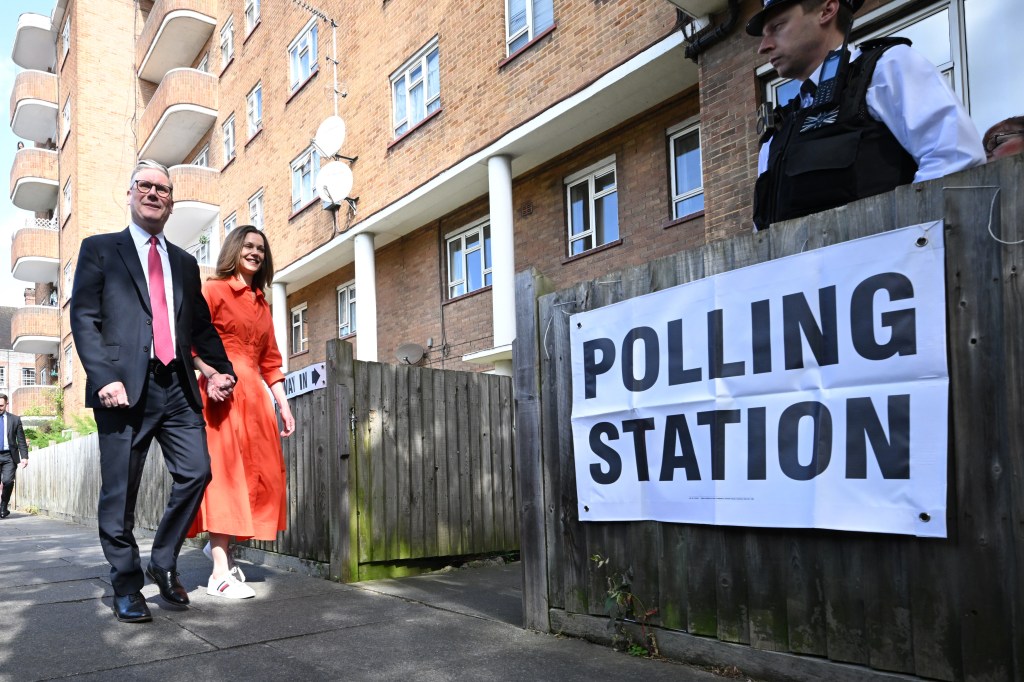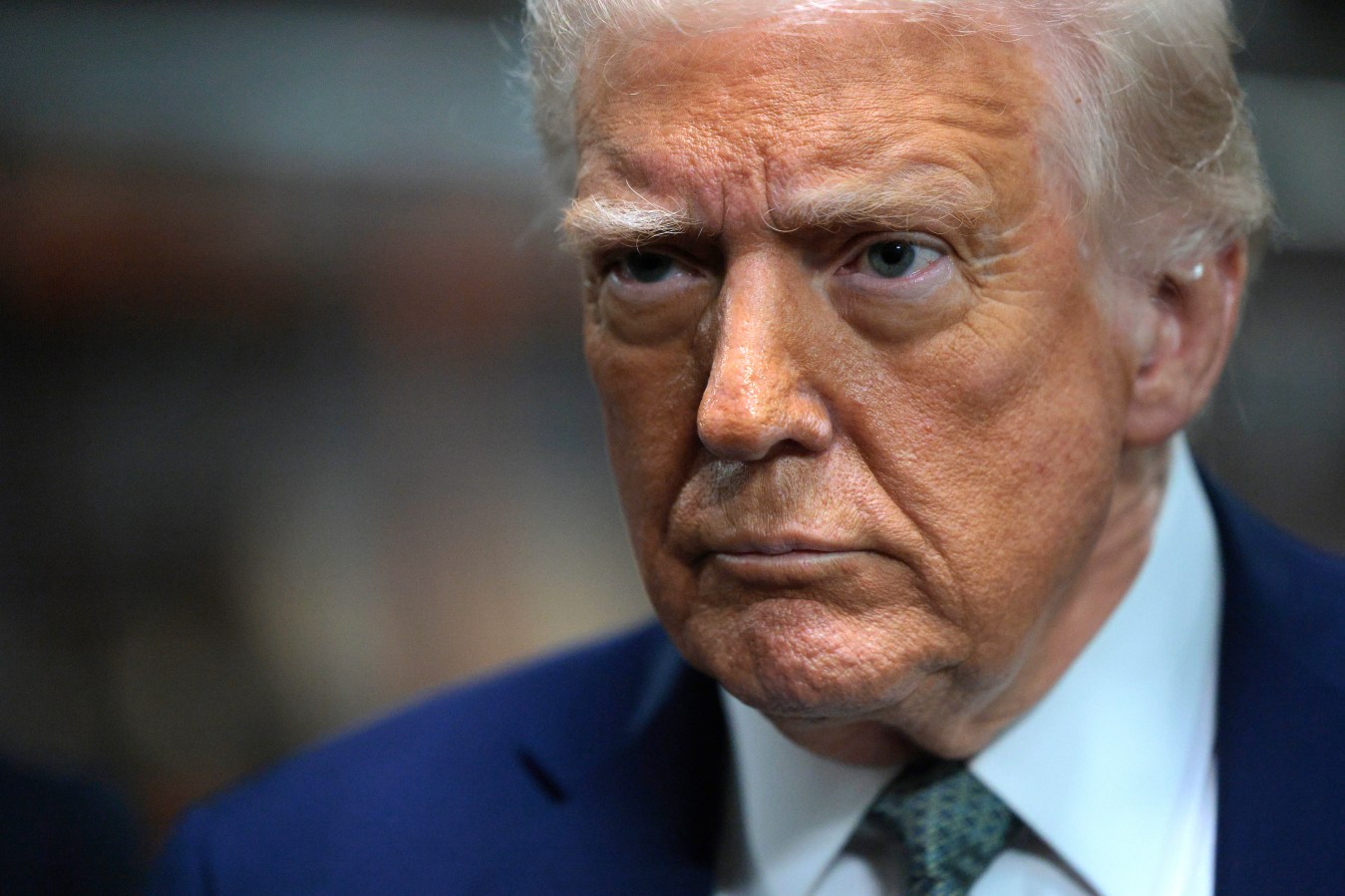Millions of Britons headed to the polls Thursday in an election widely expected to spell catastrophic defeat for Rishi Sunak’s Conservative Party and usher in a new left wing government, capping a disastrous campaign trail and ending 14 years of Tory rule after years of chaotic governance and countless scandals.

Key Takeaways
- The election is widely expected to be a landslide victory for Britain’s Labour Party, which has been the official opposition party in the U.K. for the last 14 years after losing four consecutive general elections to the Conservatives (Tories).
- Recent polling suggests the party is on track to score a majority that would be one of the largest in British history and potentially a record, and polls have consistently delivered them a 20 percentage point advantage over their Tory rivals since Prime Minister Rishi Sunak announced his surprise decision to hold an election in a rain-soaked speech in May.
- This puts Labour leader Sir Keir Starmer on track to lead as Britain’s next prime minister.
- Despite leading one of the country’s two major parties, the British public generally have a rather dim view of the man they consider to be prime minister-in-waiting, often calling him boring, bland or not knowing much about him at all.
- Starmer has a background as a public prosecutor and was named as England and Wales’ most senior criminal prosecutor in 2008. He entered parliament as MP for London’s Holborn and St Pancras in 2015 and is defending the seat in this election.
How do the UK elections work?
All 650 seats in the House of Commons are up for grabs, each representing a different district of the country called a constituency. Voters cast ballots for the person they want to represent their constituency as a Member of Parliament, often just called MP, and while candidates often run as members of political parties, they can also run as independents. U.K. general elections use a first-past-the-post system, meaning the winning candidate and MP is simply the person who secures the most votes in a constituency, whether or not this is a majority of the votes cast.If one party commands a majority after votes have been tallied—at least 326 seats—the king will ask the leader of that party to form a new government and become the country’s next prime minister.If no party secures a majority, the result is known as a hung parliament, and parties can choose to govern as part of a coalition government or as a minority government that relies on the support of other MPs.
What happens to the conservative party?
While it’s possible the Tories could do better than expected—several knife-edge seats could go in their favour—the outcome of July’s election is expected to sit somewhere between disaster and utter catastrophe for the party that has held power for the last 14 years. Polling indicates the party is on track for its worst election defeat in history and even optimistic forecasts suggest it will lose hundreds of seats. A bevy of high-profile party figures are expected to lose their seats, and dim forecasts suggest Sunak himself could lose his seat.
A stagnant economy, years of austerity, a crumbling public healthcare system, rising costs of living and immigration have all fed into the nationwide collapse of the Tory base. Years of chaotic, scandal-plagued governments—including five prime ministers since 2016 and three in the last two years alone—have all helped accelerate this decline and even areas that were previously considered safe have become battlegrounds.
The national Tory campaign and Sunak have drawn widespread criticism from party members for sheer volume of unnecessary flubs and failures on the campaign trail. While Sunak has vowed to stay on as an MP and party leader in the event of a Conservative defeat, he is widely expected to face a fresh leadership challenge to head the party. Potential frontrunners and aspirants have already been making moves and courting MPs to shore up support, according to news reports, with several having reportedly registered or updated websites ahead of the race.
This article was first published on forbes.com and all figures are in USD.
Are you – or is someone you know -creating the next Afterpay or Canva? Nominations are open for Forbes Australia’s first 30 under 30 list. Entries close midnight, July 15, 2024.
Look back on the week that was with hand-picked articles from Australia and around the world. Sign up to the Forbes Australia newsletter here or become a member here.


